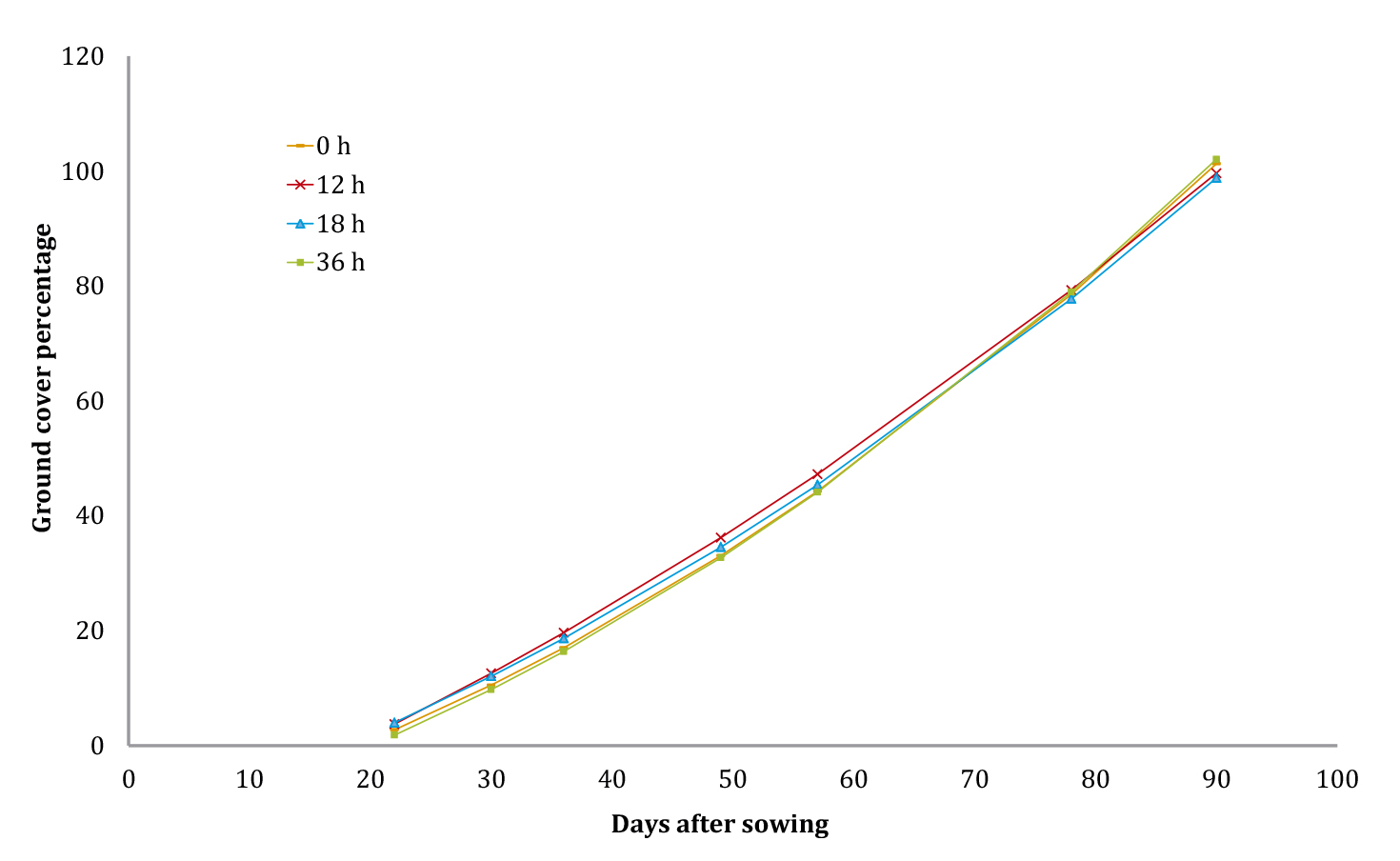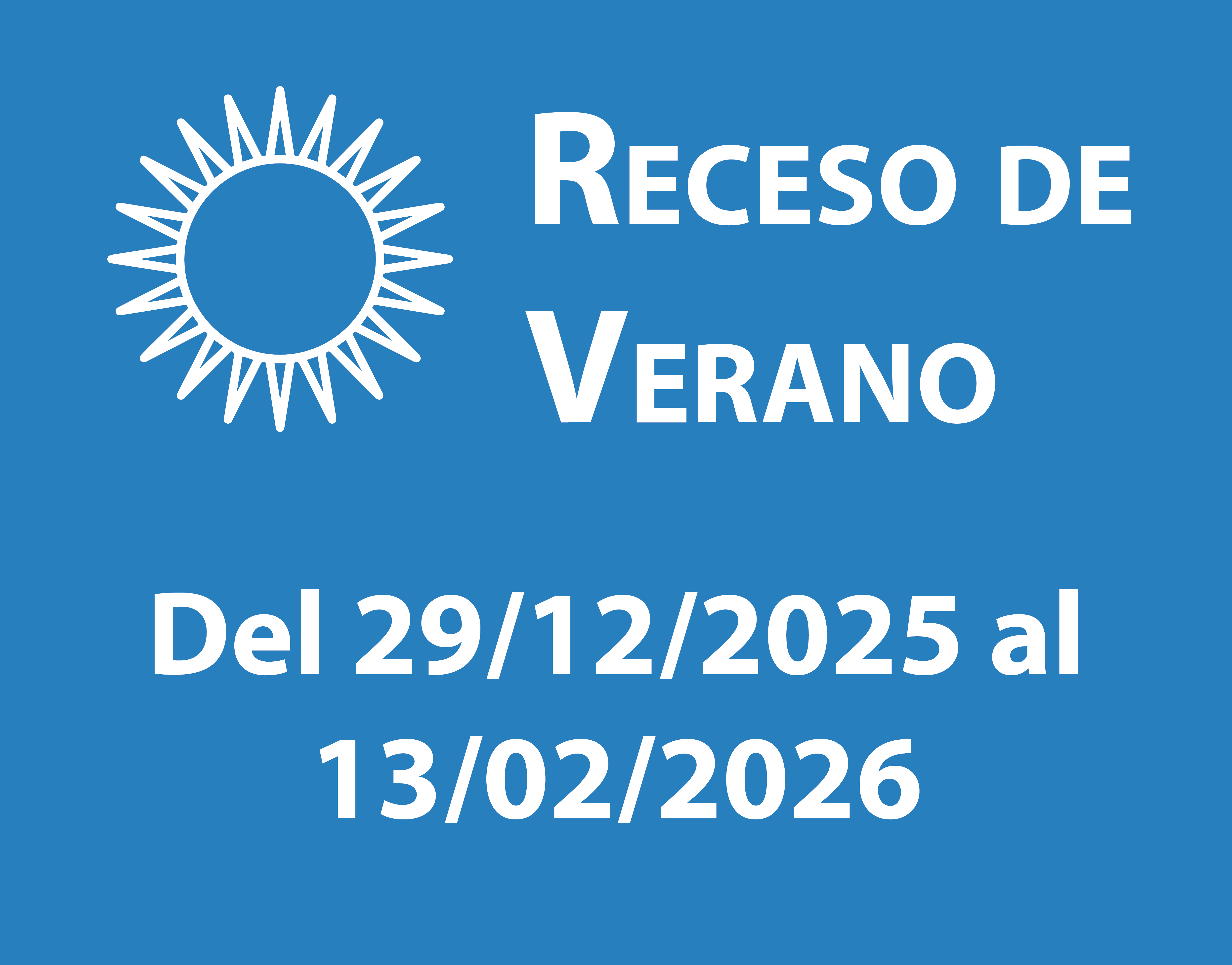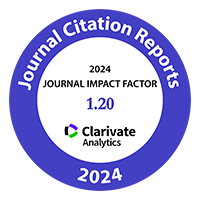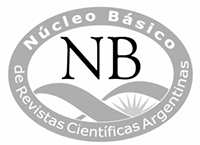Effects of hydropriming on maize seeds (Zea mays L) and the growth, development, and yield of crops
Palabras clave:
Hidroacondicionamiento, semillas de maíz, germinación de semillas de maízResumen
Seed germination is a process that involves several phases, beginning with the uptake of water by dry seeds and ending with emergence. Based on current knowledge, several methodologies have been developed to manipulate this process in order to produce beneficial effects on crops. The hydropriming of maize seeds is one technique that has been used to lower the in-field germination time. The objective of the present study was to measure the effect of different hydropriming times on maize seeds and the subsequent growth, development, and yield of plants. The results demonstrated that seeds hydropriming for 12 and 18 hours germinated more rapidly in comparison with the control and 36-hour treatment. Yield was also affected as a function of the imbibition time. The generated data allowed for an optimal soaking time of 22.12 hours to be determined, resulting in an estimated yield of 16.6 t per hectare.
Descargas

Descargas
Publicado
Cómo citar
Número
Sección
Licencia
Aquellos autores/as que tengan publicaciones con esta revista, aceptan las Políticas Editoriales.











.jpg)




